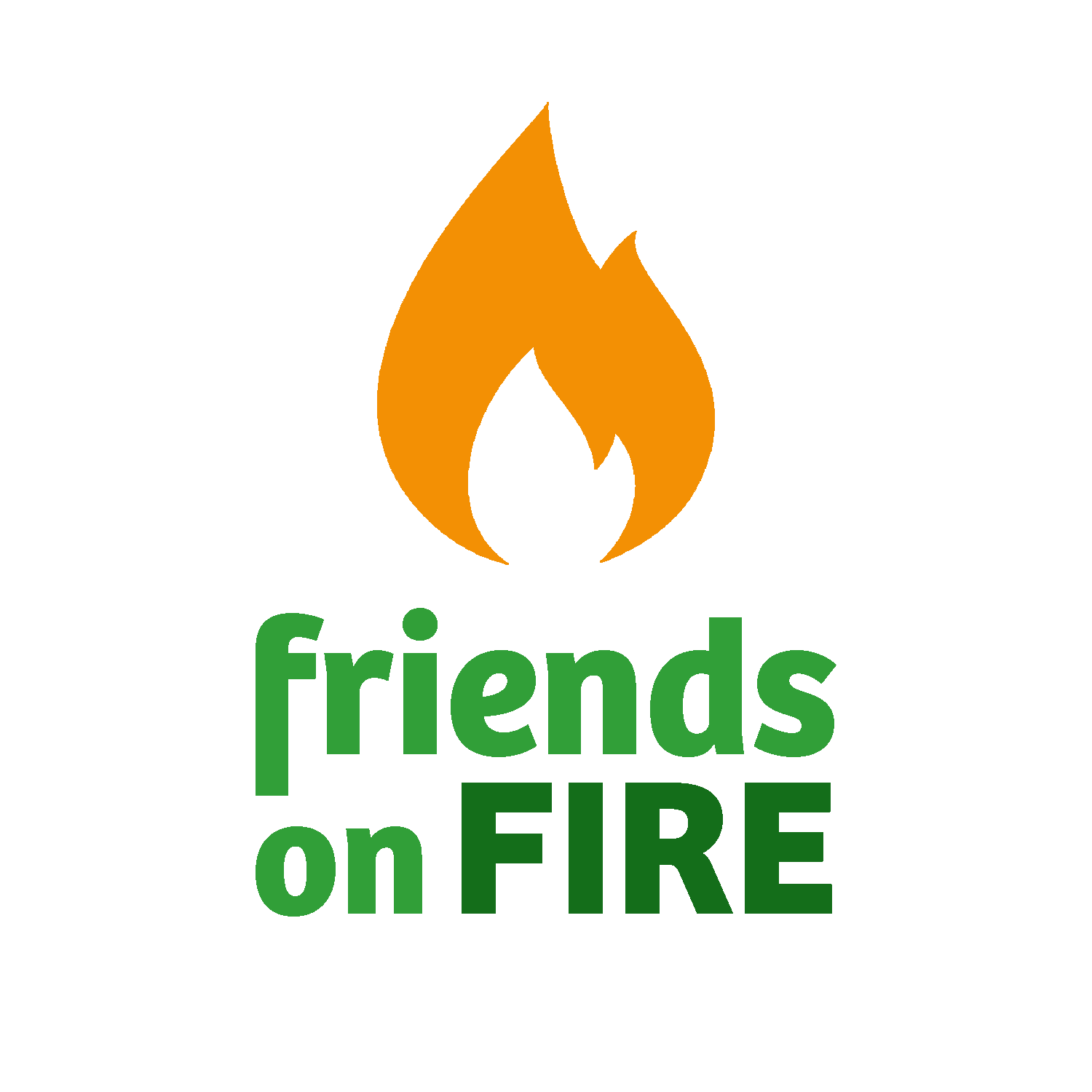Episode Summary:
In this week’s episode, we discuss the gift economy and how you can use it to improve your finances, community, and happiness. We talk about how to join and leverage buy nothing groups, borrow things from neighbors on facebook neighborhood groups, and other ideas to drive a gift economy for yourself and those in your community. Changing your mentality about consumerism and what you need to personally buy and own can improve your community, make you happy, save the environment, and save you money.
Episode Notes:
We consume so much as a society, and we all have an opportunity to take a reframe how we think about consumption and how we go about acquiring what we need and want.
What is a gift economy?
A gift economy or gift culture is a mode of exchange where items of value are given away instead of being sold, usually without any expectation or agreement of future expectations or rewards.
Benefits of a gift economy:
- You meet new people.
- It feels good to give and receive help.
- It builds community.
- Your items may actually last longer. Many mechanical items can go bad when they don’t get actively used. Many electronics end up out of date when they don’t get used (eg an old kids iPad where Netflix isn’t making app versions for the ios anymore).
- You save money!
- It’s better for the environment. Less consumption, less items get wasted, less to the landfill.
Ideas and tips for becoming part of a gift economy:
- Look for and join a buy-nothing facebook group in your area. Go into facebook and search groups. Most have rules where you’re only allowed to join one buy nothing group, and it should be the one that’s closest to your area. It’s meant to be community and adjacency based, so the goal isn’t to go and join a buy-nothing group in some fancy neighborhood 30 miles away – most of the administrators won’t even let you join.
- Look for and join other parenting and neighborhood groups in your area. Go into facebook and search groups. Ask neighbors and friends.
- When you think you need or want something, first ask yourself some questions: Could I get away with borrowing this item? Do I need to own it forever? Could I find a used one? Is it likely one of my neighbors owns this thing?
- When you know what you need or want, go to each of these types of groups and be clear about what you need. Though Mike often likes to be brief, sharing context can sometimes really help because it gets neighbors involved in your story. Let them know you need paint for the neighborhood school’s play backdrops and you’re seeking donations before you all go and buy new paint. Let them know you’re building your son a treehouse in the backyard and you need to borrow a curricular saw for a week; tell them about how you once did this with your dad and how excited you are to recreate the experience with your son.
- Think ahead, and be patient. This method may take longer if you just go and buy something on Amazon, so mentally prepare yourself. Though sometimes it only takes 20 minutes, and the next thing I know a neighbor has lent me a car battery charger and even offered to drop it off! You might get a response right away, or your post might sit for a week before someone replies.
- Think about good friends and family you can text to ask if they have something you need. Even consider sharing things with your friends and family.
- Remember it’s about giving and not just getting! A gift economy works when you pay it forward, and give as much or more than you get. Often when you take things to Goodwill and other mass donation centers, many things end up in a landfill or don’t make it into the hands of someone who will really use and appreciate those items. You may notice you get more enjoyment from actually connecting with the person who is going to give whatever you don’t need anymore a second life.
- If all else fails on the above methods and you really need something, consider renting it or buying a used product.
Top 3 takeaways:
- Fostering a gift economy mindset has many benefits, the least important of which may be it saves you money.
- Search for and join a buy-nothing group and other neighborhood parenting or neighborhood groups in your area.
- Start giving things you don’t need anymore to the buy nothing groups right away, and then next time you need something go and ask those groups before you buy.
Show references:
- Buy Nothing Project on Facebook
- Clutter Stats from Becoming Minimalist and Relevant Magazine
